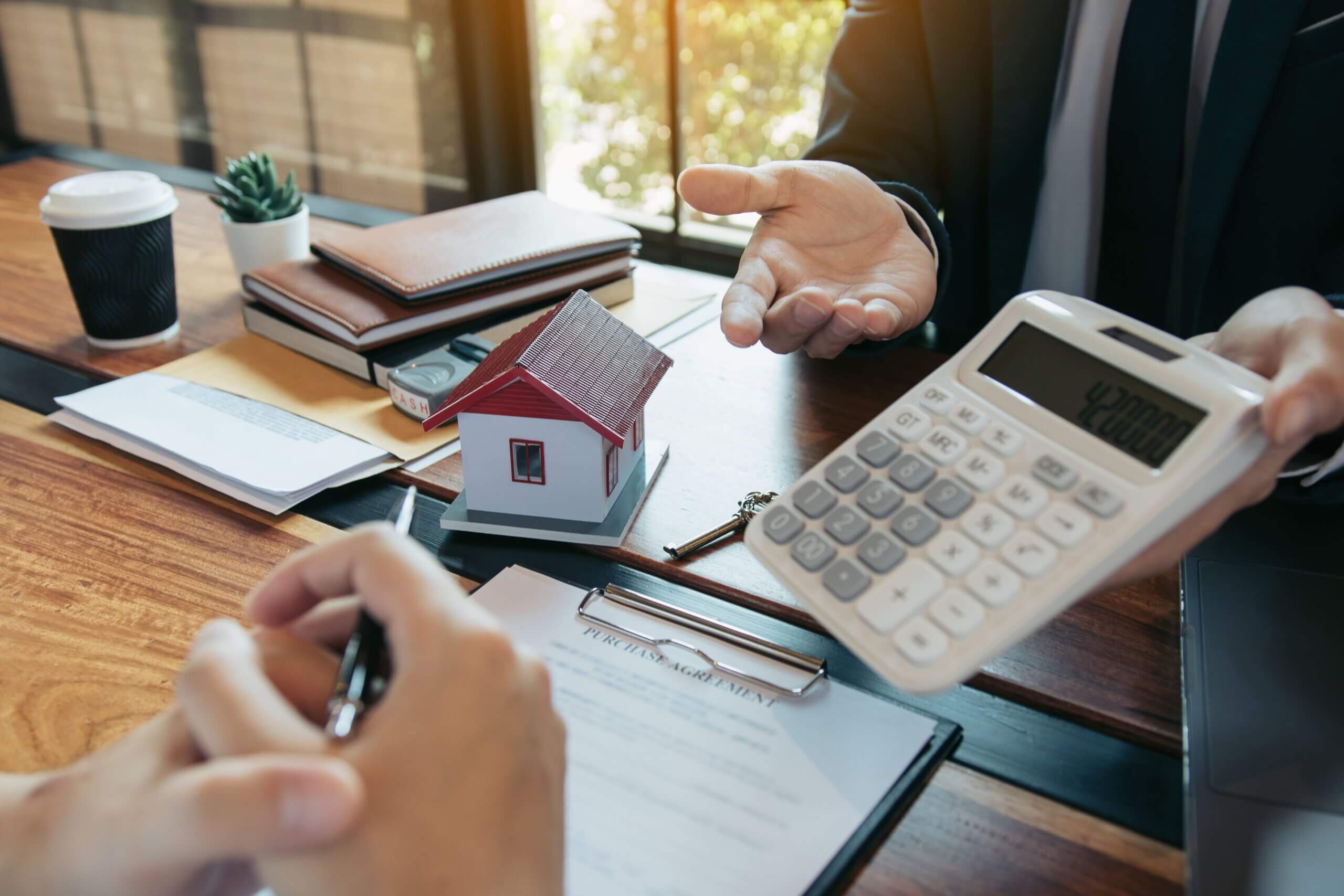
When Americans need money to finance purchases or a big project, a personal loan is the route many take. In fact, 22 million Americans owed $210 billion in personal loans as of the third quarter in 2022. That is double the amount people owed in 2016. Unfortunately, for some Americans paying back that debt can become too much, and bankruptcy is their only viable lifeline to address the problem. When filing for bankruptcy, it is important to know how the process will affect personal loans, among other debts.
So, exactly how does bankruptcy affect personal loan debts? This article will cover how personal loan forgiveness is handled and provide insights into this loan type and bankruptcy proceedings.
What Are Personal Loans?
A personal loan is a one-time cash payment to a person from a financial institution. The loan could be used for many circumstances and must be repaid monthly. The borrower must pay the interest on the loan as well. Personal loans can be used for things like home improvement projects, cars, vacations, and wedding expenses. However, most people use these loans for debt consolidation and refinancing credit card debts.
It is important to research offerings and become knowledgeable about this loan type. The rise of online lenders makes it easy to apply for personal loans, though not necessarily the terms one is agreeing to. Along with the amount of the personal loan, there will also be fees and interest rates. According to the Federal Reserve System, the average 24-month personal loan APR is 11.23%. At this average APR rate, a person with a $10,000 loan would be paying an additional $1,211.53 in interest by the end of the 24 months.
Are Personal Loans Secured or Unsecured?
The short answer is personal loans can be both! It depends on the circumstances. The difference between secured and unsecured is collateral. When a loan requires collateral, some type of property (like a car or home) is attached to that loan. If the borrower cannot repay the loan, the lender takes that property.
Simply put, a secured personal loan means the person has agreed to have their property be collateral to receive the loan. An unsecured personal loan means that there is no collateral attached to the loan. Therefore, if the person defaults on an unsecured loan, their property cannot be claimed as compensation for the loan.
People with good credit scores are more likely to be accepted for unsecured personal loans. A good credit score may also allow the borrower to get a more reasonable (lower) interest rate. If the loan isn’t repaid, the damage will be seen in that person’s credit score. A low credit score will make it harder to get loans in the future.
The secured option would be easier to obtain if a person has a low credit score but still wants or needs a personal loan. Because the person leverages collateral, the financial institutions will be more likely to approve a secured personal loan. However, this is a risk for a person who may default because that property will be seized.
How bankruptcy deals with personal loans depends on if it is secured or unsecured, and what bankruptcy chapter is filed. Chapters 13 and 7 are the most common chapters filed for bankruptcy.
How Does Chapter 13 Handle Personal Loans?
Chapter 13 reorganizes debts into a monthly repayment plan that lasts three to five years. The repayment plan will depend on various factors, such as disposable income, expenses, and the debt you owe. In chapter 13, both unsecured and secured loans are paid back. A benefit of this chapter 13 is that the debts may be reduced or spread out over years, allowing for easier repayments.
While the person will be paying back their debts, including the personal loan, it is essential not to default on the payment plan because the collateral will be taken. If, for any reason, a person feels that the collateral isn’t worth keeping, they can surrender that item. When a person gives up collateral, that value of the item is essentially subtracted from the debt amount. If the debt amount isn’t wiped out from the collateral, the person is responsible for the remaining balance. After the repayment plan is completed, any unsecured debt balance will get discharged. This rule also applies to personal loans that aren’t backed by collateral.
Chapter 13 is a good option for people with regular income who want to keep their property.
How Does Chapter 7 Handle Personal Loans?
Chapter 7 is a liquidation bankruptcy, a quick process that wipes out debts without necessarily repaying the creditors in full. The downside is that property can be taken to help repay debts. Although this gives people a fresh start with their finances, it isn’t a way to obtain possessions without paying for them. Chapter 7 is a good option for people who cannot pay their debts regularly. To qualify for chapter 7, people must take a “means test.” This will determine if the income is low enough to file. Usually, people in lower-income households will pass the test.
How the personal loan is handled in chapter 7 depends if it is unsecured or secured. Chapter 7 is excellent for unsecured debts. Under this chapter most unsecured loans are dischargeable. A person can also turn a secured loan into an unsecured loan by giving up their collateral. When the person surrenders their property, the lender will accept the choice made. That secured personal loan will be turned into an unsecured loan, thus being treated that way in bankruptcy. In chapter 7, unsecured loans are easier to be discharged.
If the property is worth keeping, that person must pay for it. For example, if an individual puts their car up for collateral and wants to keep it, they must pay back the debt that the personal loan has accrued.
While bankruptcy discharges many debts, however, there are non-dischargeable debts that can’t be cleared by any bankruptcy chapter. Those debts include student loans, certain taxes, child support, and alimony.
Where You Can Find Help
If a person has debt from only one small personal loan, it is unlikely they would file bankruptcy. However, if the single loan is significant enough, they could file bankruptcy proceedings. We find that most people who file bankruptcy have multiple debts – such as personal loans, medical bills, and car loans. They will file for bankruptcy to discharge the majority of these debts. Furthermore, this may be the best option if a personal loan is unsecured. However, the debtor will have hard decisions to make if the personal loan is secured.
Discussing bankruptcy options with an attorney to help you navigate the process and potential outcomes is a good idea. When you file for bankruptcy, personal loans are just a fraction of the debts you may owe. At Rosenblum Law, we evaluate the whole situation and make recommendations that meet all financial needs. We are ready to help so contact us today for an initial consultation.


